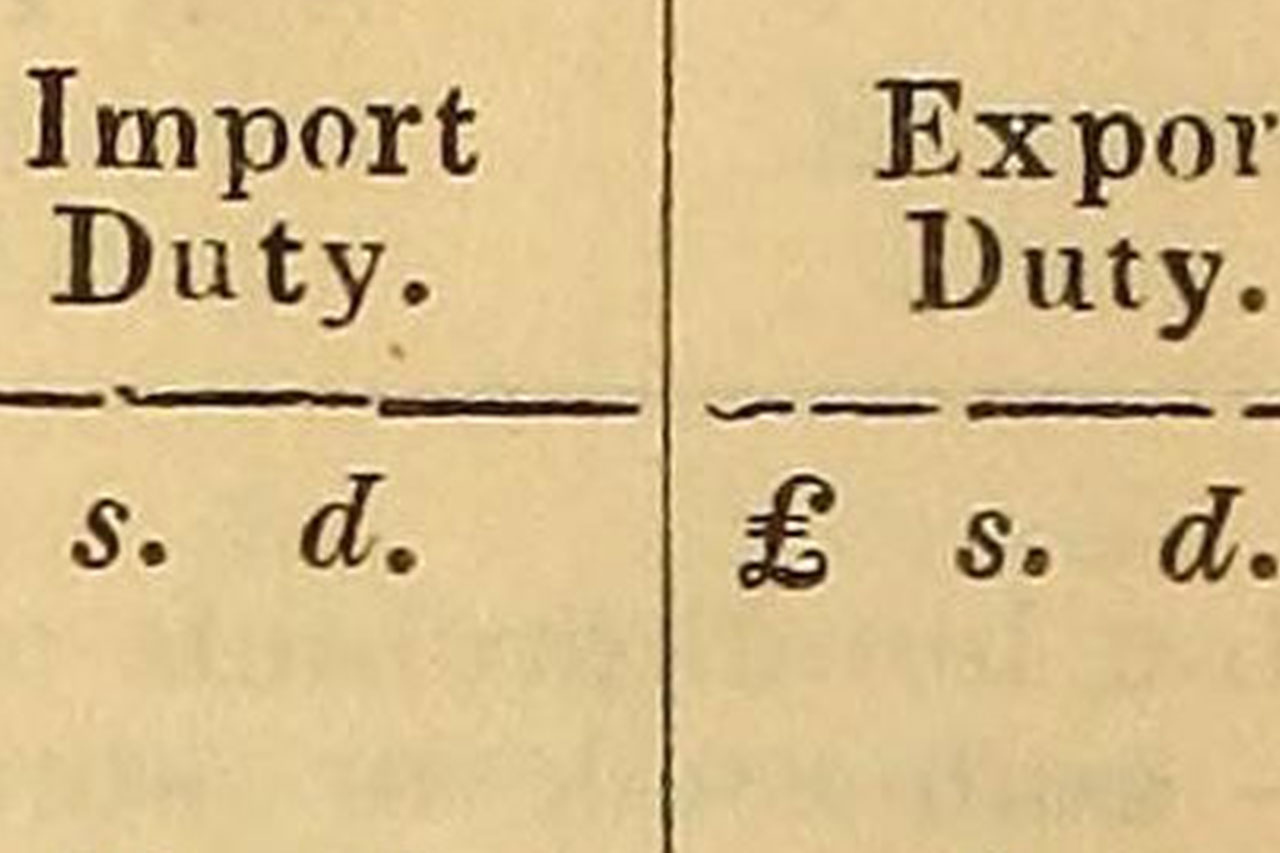Countries need to commit to abolishing import tariffs on drugs
Geneva, September 29, 2015 ─ A new study from Geneva Network has found that the global volume of trade in medicines that have their price increased by tariffs is growing at 21% per year.
This means more patients in countries such as India, Brazil, Pakistan and Russia have to pay more for medicines, as a result of government import duties.
The study, called “Pharmaceutical tariffs, trade flows and emerging economies” is launched by Geneva Network today at the World Trade Organization Public Forum in Geneva.
“Tariffs on medicines are a regressive form of taxation, as they take a higher proportion of income from the poor than they do for those higher up the income scale,” said study co-author Nilanjan Banik. “If the goal is to make medicines more affordable for those who need to buy them then Governments should abolish all tariffs on medicines.”
The study also finds that a number of countries impose average tariffs on medicines of over 8 per cent. These include the Russian Federation (10.2%), India (10%), Uruguay (9.9%), Argentina (9.8%), Brazil (9.8%) and Thailand (9.3%).
Nepal has the highest tariffs on medicines in the world, standing at 14.6% on average.
The vast majority of high-income countries and many of the poorest countries do not levy tariffs on pharmaceuticals.
Many countries apply tariffs only on a few categories of medicines. However, Uruguay, Paraguay, Argentina, Brazil, India, Mexico, and Morocco apply them to over 70 different categories: 158 in the case of Uruguay.
Vaccines are widely recognised as one of the most cost-effective and important health interventions. The study finds that few countries apply tariffs to vaccines. However, India, Ghana and DR Congo have the highest levels, applying them at an average level 10 per cent.
Study co-author Philip Stevens said “Vaccines are vital for preventing disease and suffering, particularly amongst children. There are a number of important steps which need to be taken to achieve universal coverage and if countries like India abolish tariffs on imported vaccines, this would constitute one of those steps”.



